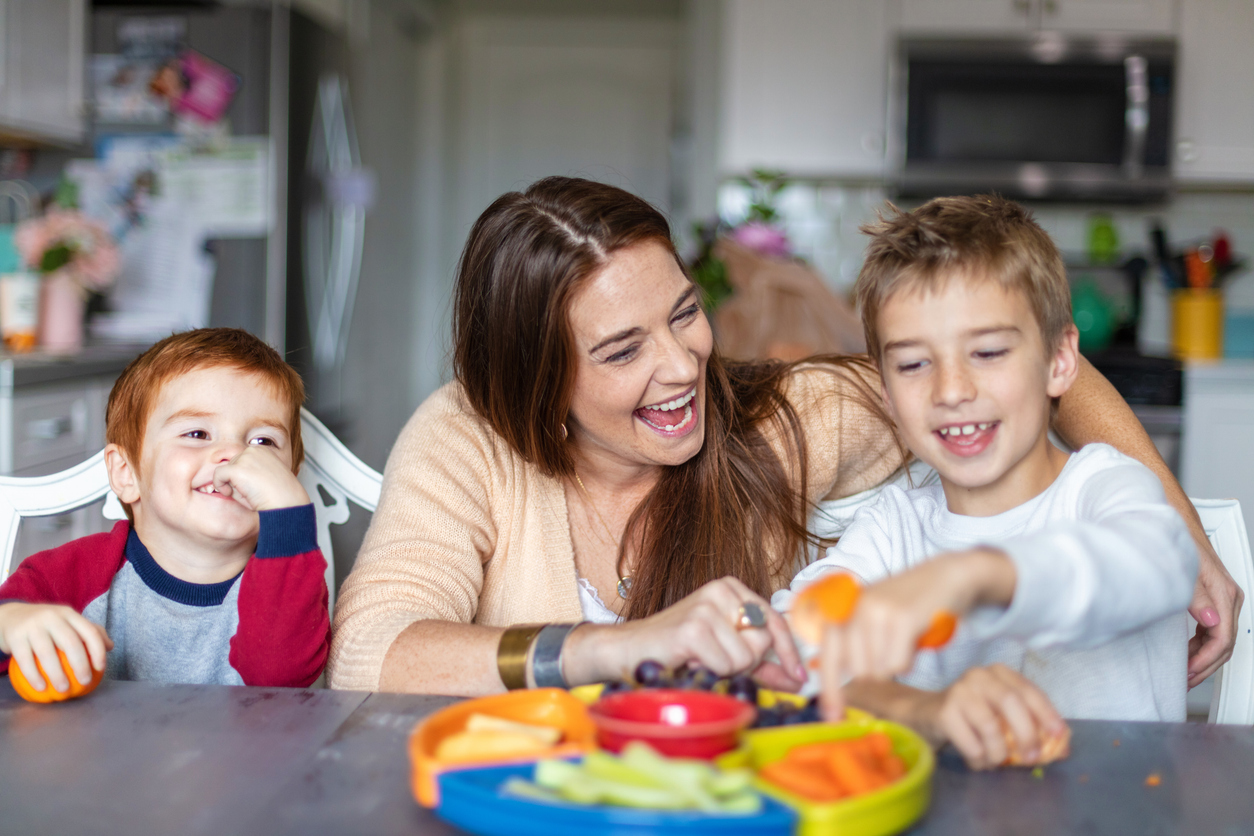
Co-Parenting—is it even possible after divorce
I have spent a lot of time thinking about the many issues involved in co-parenting after divorce or even after death and remarriage. I was both a step-daughter as a teenager after my mother’s death and my father’s remarriage and a stepmother to my husband’s young daughters after we got together. As a therapist specializing in working with couples, I have worked with many clients as they navigated these often troubled waters, and I facilitated many workshops for remarried families. So, what makes co-parenting successful?
We must first acknowledge the inherent difficulties in co-parenting, particularly after divorce. Whether one seeks to end a marriage or is the recipient of a partner’s choice to do so, the reality of ending a marriage where there are children usually involves the pain of some enforced separation from one’s kids. The reality of waking up and not seeing their little (or big) faces can be excruciating, particularly initially, and can involve anger at the ex “who caused this”. But most of us gradually heal from this initial trauma and proceed to work through the often fraught details of “co-parenting. ”
People divorce for different reasons, but many of these may be conflicting values about what is essential in life for each of them. Raising children, probably most couples’ biggest joint project, gives many opportunities for these values to conflict (e.g., education, religious instruction, and finances, to name a few). While compromise is possible and preferred, negotiating these issues can cause major strife in a marriage, which for some can eventually lead to divorce.
Given these differences in values and the acrimony often accompanying divorce, the expectation that parents will smoothly reach agreements on raising their children now that they no longer live together is probably unrealistic. It leads to frustration, anger, and perhaps needless litigation. In addition, if a parent eventually cohabits with another adult, they may be influenced by the habits and values of this new person, perhaps further alienating their former spouse.
I think a more realistic model for post-divorce parenting is what I have recently heard a family court judge call “parallel parenting,” where each parent makes child-rearing decisions they think are appropriate without denigrating the other parent’s choices and without causing unnecessary confusion for the children. Kids can learn to accept that they have a strict bedtime with Dad, while at Mom’s house, there is greater flexibility, or that they go to church on their Sundays with Mom but not with Dad, as long as the other parent is respectful of and not critical of these choices In this way, each parent can influence their offspring as they see fit. While there may be some difficulty in negotiating these differences for the kids involved, studies have shown that children are very flexible, as long as these choices are done in a loving and caring way.
So, while the concept of “Parallel Parenting” may not yet replace “Co-Parenting,” I think it offers some valuable ideas about raising children after divorce.
Serving Solana Beach and surrounding communities, Lass Law provides knowledgeable support in family law and divorce matters. The firm has extensive experience in property division, spousal support, and domestic violence cases, and also assists with prenuptial agreements and peaceful mediation services. Lass Law focuses on delivering personalized solutions for every family. Schedule a confidential consultation on the contact page.










